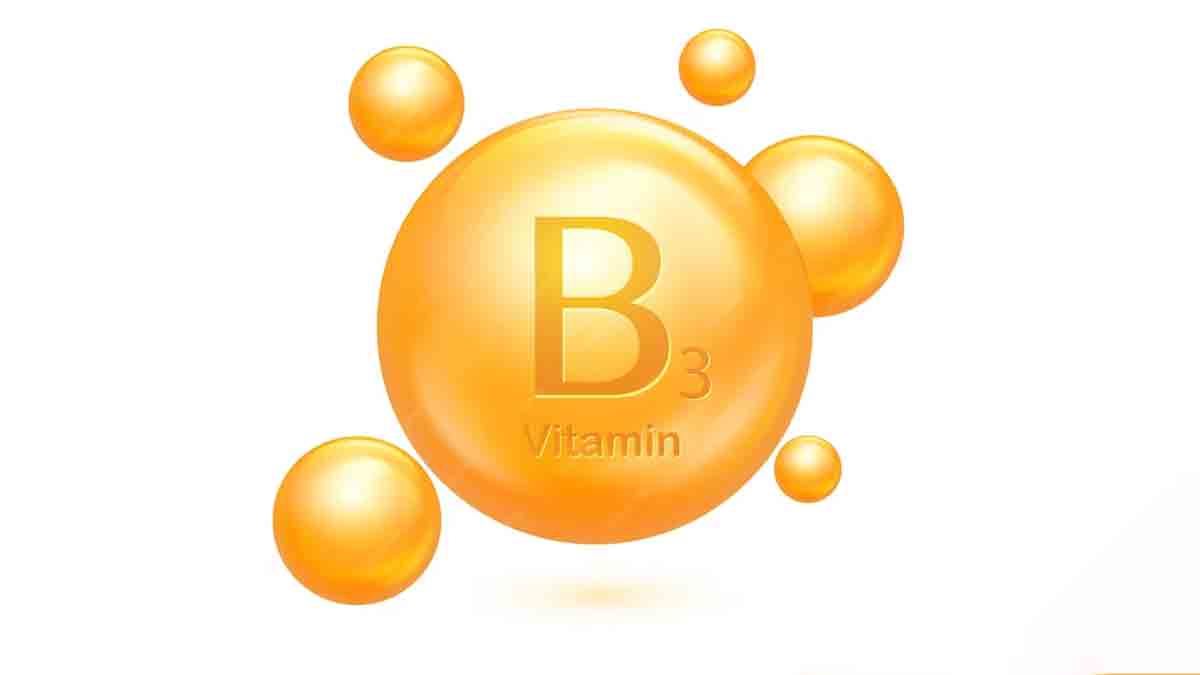
Niacin, also known as Vitamin B3 is an essential mineral for our body to function properly. It helps in the functioning of our nervous system and effective metabolism. The vitamin helps in lowering the cholesterol levels and helps in regulating blood sugar levels. It's great for your skin, hair, heart and eye health as well.
Table of Content:-
If you do not get enough niacin, it can take a toll on your health and can lead to fatigue, depression and anxiety. Niacin deficiency can also result in pellagra, causing Niacin deficiency can also result in pellagra, causing inflammation of the mouth, diarrhea, dermatitis, dementia, delirium, and amnesia. But what foods should you eat to maintain your niacin levels? Let’s understand from a doctor.
Foods That Provide Niacin
OnlyMyHealth team interacted with Dr. Chetan Savaliya, Director of Satvam Nutrition, to understand which foods provide niacin rich foods.
1. Fortified and Whole Grains

According to Dr Savaliya, Fortified foods are foods with nutrients added to them to increase their nutritional value. Fortified and whole grains like brown rice, whole wheat, buckwheat, rice bran, and yellow cornmeal are some of the best sources of niacin. According to USDA, just 100 grams of brown rice contain over 4 mg niacin. One cup of cooked brown rice contains 18% of the recommended daily allowance of niacin for men and about 21% of it for women.
2. Fruits

Fruits are some of the richest sources of essential nutrients. “They are abundant in vitamins and minerals, including vital B3 vitamins (niacin). Avocados are one of the best plant-based sources of niacin. Avocados, berries, figs, kiwis, apples, pineapples, apricots and dates are some of the most significant sources of niacin,” Dr Savaliya said, adding, “Niacin per avocado is about 3.5 mg; it constitutes about 21% of the recommended daily allowance of niacin for men and 25% of it for women.”
3. Vegetables

Vegetables are a rich source of multiple essential nutrients including niacin. Potatoes, green peas, spinach, kale, broccoli, and asparagus are some of the best vegetable sources rich in niacin. Study shows that a large baked potato provides 25% of the recommended daily allowance of niacin for men and 30% for women. Total niacin content in potatoes is about 4.2 mg. 1 cup of green peas contain about 3 mg niacin, that is 22% of daily recommended allowance for women and 19% of that for men.
4. Nuts and Seeds

Several nuts and seeds are significantly rich in niacin. Peanuts, sesame seeds, chia seeds, almonds, pistachios, walnuts, and flaxseeds are some of the best sources of niacin. According to USDA, 100 grams of peanuts contain 12.1 mg of niacin. According to Dr Savaliya, Two tablespoons, or approximately 32 grams of peanut butter make up 30% of the recommended daily allowance of niacin for women and that of 25% for men, offering a total of 4.3 mg of niacin.
5. Meat-Based Foods

Liver, tuna, chicken breast, salmon, and ground beef are significant meat-based sources of niacin. Liver being one of the best natural sources of this vitamin, cooked beef liver makes up for 91% of the recommended daily allowance of niacin for men and that of 100% for women. Chicken liver on the other hand, provides for 73% and 83% of the requirement respectively.
Conclusion
Niacin is one of the vital vitamins for the body to perform effective functioning. It is essential to regulate optimal heart health, nervous system, skin and hair health, as well as eyesight. This vitamin can be gained from foods and does not pose a risk of overdose in most cases. Some of the best plant-based sources of niacin include brown rice, avocados, peanuts, potatoes, and green peas. Make your diet rich in niacin and lead a healthy and happy life naturally!
Also watch this video
How we keep this article up to date:
We work with experts and keep a close eye on the latest in health and wellness. Whenever there is a new research or helpful information, we update our articles with accurate and useful advice.
Current Version